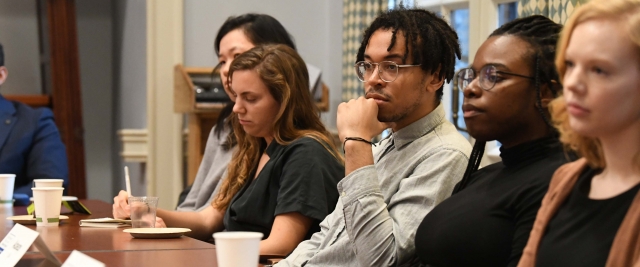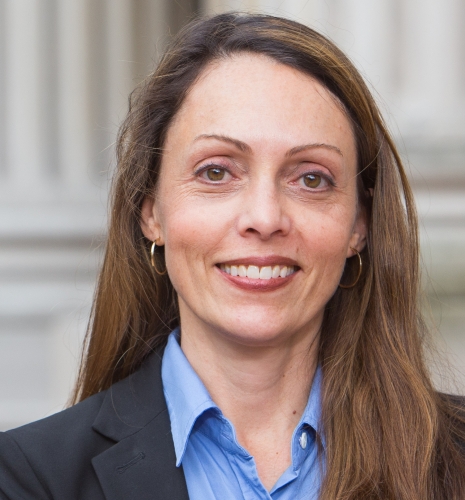Berger Fellows gain enhanced experience, insight, and support while exploring the many facets of public interest, human rights, and government work. Berger Fellows explore today’s key legal issues and ideas at the forefront of 21st century lawyering—such as the role of lawyers in society and the optimal use of law as a tool for social change—with numerous opportunities to broaden their thinking and knowledge. Berger Fellows think critically beyond the letter of the law and consider notions of justice, equity, and dignity.
Graduating fellows are prepared to navigate the nuanced and dynamic fields of public interest and public service, and are well-versed in critical thinking, substantive law, lawyering skills, and other key elements of public interest and public service work.
1L Year Goal: Build an inclusive community of peers dedicated to public interest and public service while gaining exposure to different areas of law and approaches to lawyering.
2L Year Goal: Develop and refine skills needed for practice in the public sector while gaining valuable mentorship from faculty, practitioners, and upper-class students.
3L Year Goal: Grow personally and professionally through peer-to-peer support mechanisms, mentorship, and workshops focused on the transition from law student to attorney.
The Berger Fellows Program embraces a broad definition of public interest and public service law. We use the term “public interest” to mean work pursued on the basis of individual or group concepts of justice, fairness, and advancement of the public good. The term “public interest” includes the field of international human rights. “Public service” refers specifically to work conducted while in a government position but is often included under the public interest umbrella. Both terms encompass a wide range of legal work carried out in varied settings.

